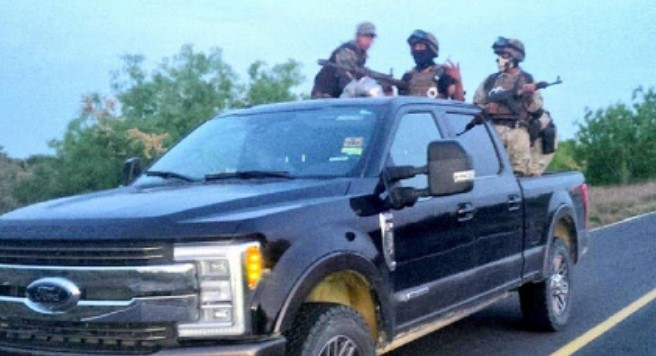Newly freed Taliban detainees are processed out of Bagram prison, north of Kabul.
In Afghanistan, the Taliban has dispatched health teams to far-flung provinces to confront the coronavirus. In Mexico, drug cartels are offering aid packages to those feeling its economic impact. In Brazil and El Salvador, gangs enforce curfews to prevent its spread.
As governments around the world have responded to the coronavirus, so too have armed insurgents and terrorist groups and drug cartels and gangs, a parallel underworld of public health policy and strategic messaging.
It is hardly the first time such groups have attempted to fill the role of government. But few crises in modern times have tested the limits of the world’s nation-states as the coronavirus has, providing an opening for armed groups to step in where presidents, police forces and parliaments have failed.
Some groups have attempted to weave governments’ failures to control the virus into their own propaganda narratives. In Somalia, al-Qaeda-linked al-Shabab fighters say the pandemic was spread “by the crusader forces who have invaded the country.” The Islamic State has told followers to prepare to exploit their enemies while they are overwhelmed by outbreaks. In Yemen, Houthi rebels have accused Saudi Arabia of airdropping masks infected with covid-19…
To read the entire article from The Washington Post, click https://www.washingtonpost.com/world/the_americas/coronavirus-taliban-ms-13-drug-cartels-gangs/2020/04/13/83aa07ac-79c2-11ea-a311-adb1344719a9_story.html
